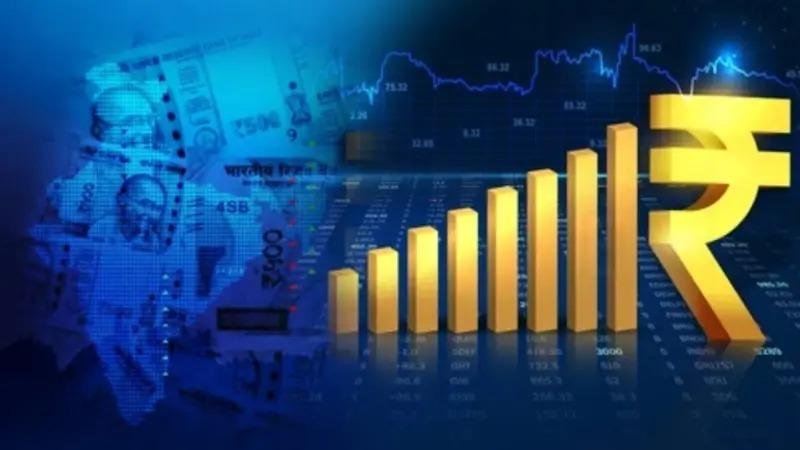Published 19:47 IST, December 19th 2024
Budget 2025-26: Top Economist Asks For 3 Things From FM Nirmala Sitharaman
Majumdar emphasized the need for continued focus on employment generation, inflation management, and strengthening India’s position in global trade

As India prepares for Union Budget 2025, Rumki Majumdar, Economist at Deloitte India, has outlined her top three expectations that will be crucial for sustaining economic growth and addressing key challenges. In a pre-budget memorandum, Majumdar emphasized the need for continued focus on employment generation, inflation management, and strengthening India’s position in global trade, which are essential for driving economic growth and enhancing competitiveness.
Employment Generation and Skill Development
Majumdar expects the government to maintain its focus on employment generation and skill development, which were key initiatives in the previous budget. The government’s efforts, such as employment-linked incentives and internship programs, have resulted in a notable increase in the Labour Force Participation Rate (LFPR).
According to the Periodic Labour Survey for June 2024, LFPR for men has risen to 74.7 per cent, while for women, it increased to 25.2 per cent, compared to 73.5 per cent and 23.2 per cent, respectively, in June 2023.
Majumdar believes the government will continue to prioritize employment and skill-building programs, which will help harness India’s demographic dividend and drive both supply-side and demand-side economic growth. These initiatives are expected to contribute to higher incomes, thereby boosting consumption across the country.
Addressing Inflation with Supply-Side Reforms
Inflation continues to be a critical concern for the Indian economy. Majumdar stresses the importance of addressing inflation, particularly food inflation, through long-term supply-side reforms. The Economic Survey 2024 recommends excluding food prices from India’s inflation targeting framework, as food inflation is driven by supply-side factors rather than demand.
Majumdar anticipates that the government will focus on strengthening the agricultural value chain, incentivizing production, and tackling structural issues that add to the cost of delivery. In the short term, she expects the government to rely on Direct Benefit Transfers (DBTs) and food coupons to support rural consumption, as rural inflation is higher and significantly affects demand in these areas.
Global Trade Amid Global Uncertainty
With rising global trade volatility, particularly following the US elections, Majumdar expects India to take strategic steps to safeguard and strengthen its position in international markets. She highlights the risk posed by potential tariff hikes and tax cuts in the US, which could impact Indian exports. As India sets an ambitious export target of US$2 trillion by 2030, Majumdar believes the government will focus on improving the global competitiveness of Indian products.
She suggests that measures such as tariff rationalization, duty exemptions, and remission schemes could help lower the cost of Indian exports. Additionally, simplifying export compliance procedures will be key to reducing barriers and improving efficiency for Indian exporters, which is crucial for boosting trade in an increasingly competitive global environment.
Infrastructure Investment for Economic Growth
In addition to the top three priorities, Majumdar highlights the government’s ongoing commitment to infrastructure development, which has seen capital spending rise significantly—from 1.63 per cent of GDP in FY2019 to an expected 3.4 per cent in FY2025. This investment is seen as a critical factor in realizing the vision of a “Viksit Bharat” by 2047.
Majumdar anticipates that infrastructure will remain a high priority, with continued investments in physical, social, and digital infrastructure. She expects the government to further expand road networks, develop multimodal logistics parks, and enhance overall logistical infrastructure to support economic activities. In addition, there will likely be a focus on health, education, and skilling, with an emphasis on fostering digital innovations that promote social inclusion, formalization of the economy, and transparent governance.
Updated 19:47 IST, December 19th 2024